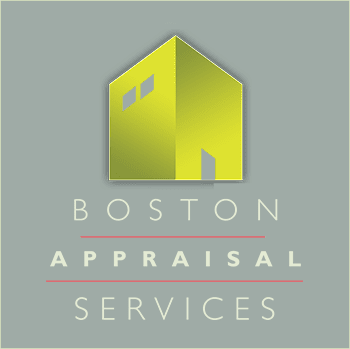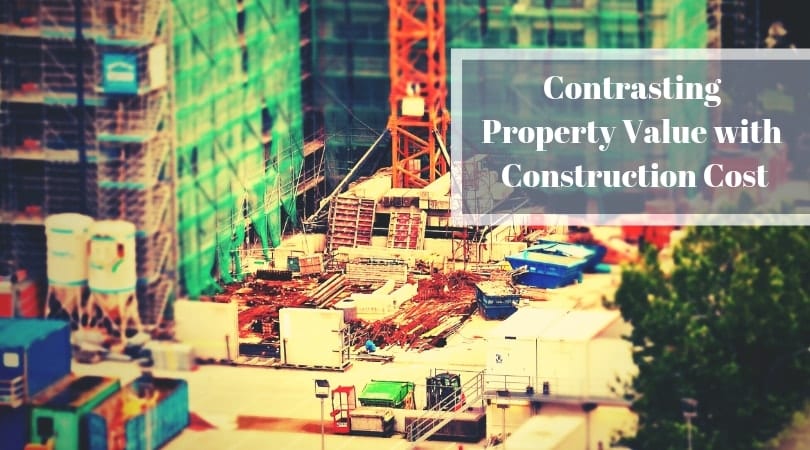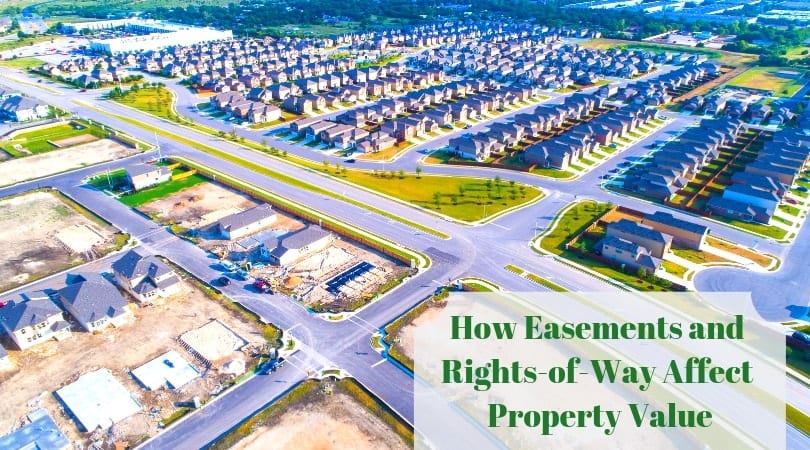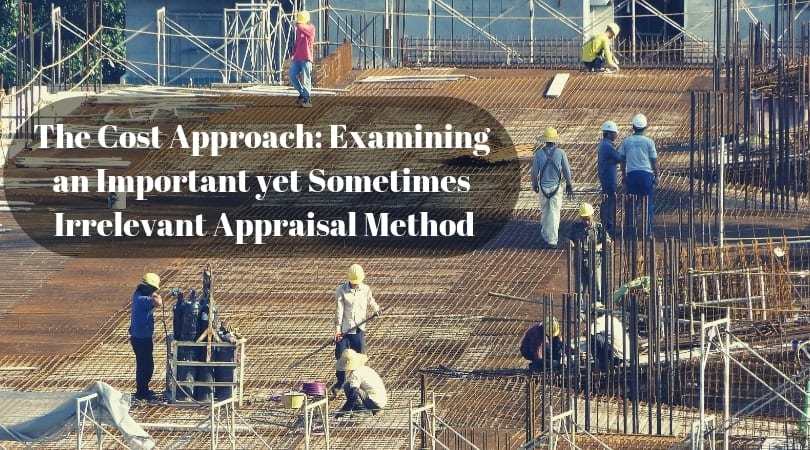Many residential appraisals don’t require the application of the cost approach, but there are situations where separate value opinions for land and improvements are necessary. In certain circumstances, the sales comparison approach is hampered by a shortage of sale properties that are truly comparable to the subject. Experienced appraisers recognize that a peculiar improved property sale may wholly reflect land value. They also know how to analyze outlier sales to support both vacant and improved property value opinions.
Appraisals of the same property by different appraisers are rarely the same. Differing value opinions are usually a result of various factors. When an appraisal user encounters contrasting value conclusions for one property, they can decide— by considering several variables — which conclusion is most reliable.
What is the process when private real estate is needed for public projects? ‘Eminent domain’ is the label frequently used to describe that process, and its basis lies in the U.S. Constitution. All U.S. states, including Massachusetts, have their respective statutes regarding the state taking private real property. Although eminent domain’s application has expanded in recent decades, it is now a contentious issue in many regions. This latest controversy means appraisers currently have a critical role in the eminent domain field, working for private property owners and public entities. When eminent domain plays a part in an appraisal assignment, both the appraiser and client need to be aware of the unique requirements of this kind of practice.
Agents, investors, property owners and anyone riding on the results of an appraisal want the value to come out the way they expect, and the way they think it should, but is that how high-risk financing decisions should be made? Who is most qualified to evaluate a subject property and select the best comps based on the broadest scope of possible variables, while narrowing in on the comps that match most specifically for the factors that have the great impact on value considering the market?
Why does the real estate industry and financial regulatory infrastructure place such a great emphasis maintaining transparency and impartiality in real estate appraisals? This post will reflect on these issues and offer historical as well as practical insight.
The difference between construction cost and value is a central question in any appraisal assignment. Appraisers use several processes to estimate value. One of these is the cost approach, which takes into consideration the actual cost of building a structure similar or identical to the one under study. But other approaches to value often do not produce the same value estimate as simple as combining building cost and land value. Construction cost is an element of value, but it is not the same as value. An appraiser recognizes the difference and accounts for it in his value estimate. This difference is likely attributable to several causes that are identified and measured in market value appraisals.
Appraisers have nearly unlimited possibilities in how they report the results of appraisal assignments. These choices could be oral appraisal reports, written appraisal reports, limited written appraisal reports, or many standardized report forms. The appropriate appraisal report format is determined by the appraiser and the client, considering the appraisal’s intended use and specific requirements of the client and regulatory agencies. Available appraisal formats evolve as professional appraisal standards and regulatory requirements change. Awareness of current reporting options is required of any professional real estate appraiser.
Most improved real properties and many vacant tracts can only be sold subject to existing easements. Appraisers identify existing easements and consider their effect on value whenever a market value definition is part of an assignment. Easements and rights-of-way often influence how real property can be used and may even affect a property’s ownership cost.
The appraisal process includes the income approach to estimate the value of a property that an investor would ideally purchase for its annual income. The income approach assumes a relationship between a property’s average net income and the price an average investor would pay for the property. The first step to defining that relationship is estimating the amount of net income that would accrue to a property in a typical operating year after all expenses to produce that income are deducted. The resulting estimate is shown in a stabilized or reconstructed operating statement for the subject property.
Suppose you paid for an appraisal when you refinanced your property a couple of years ago. Now, your real estate taxes have taken a big jump. The question then becomes, can you use that previous appraisal to apply for a tax abatement? Or, perhaps, you work for a financial institution that is reviewing a property loan it made five years ago. Can you ask the original appraiser to just update that first appraisal? Or, in either case, can you ask another appraiser to update the original appraisal? Licensed and certified Massachusetts appraisers work under established practice standards. They know that several considerations dictate whether they can apply previous appraisals for different uses.
It’s standard procedure for most commercial lenders to request all three approaches to value—sales comparison approach, income approach, and cost approach—be undertaken during an appraisal. Usually, there is a stipulation that an approach may be excluded from the valuation if such an approach is deemed dispensable. This omission can be a point of conflict between lenders and appraisers, as the necessity of one or more approaches is debatable in certain situations. This post attempts to clarify the instances where the cost approach is either relevant or extraneous to a property’s valuation. Being able to prudently determine the importance (or otherwise) of the cost approach to valuation increases efficiency and fosters understanding between lenders and appraisers.











